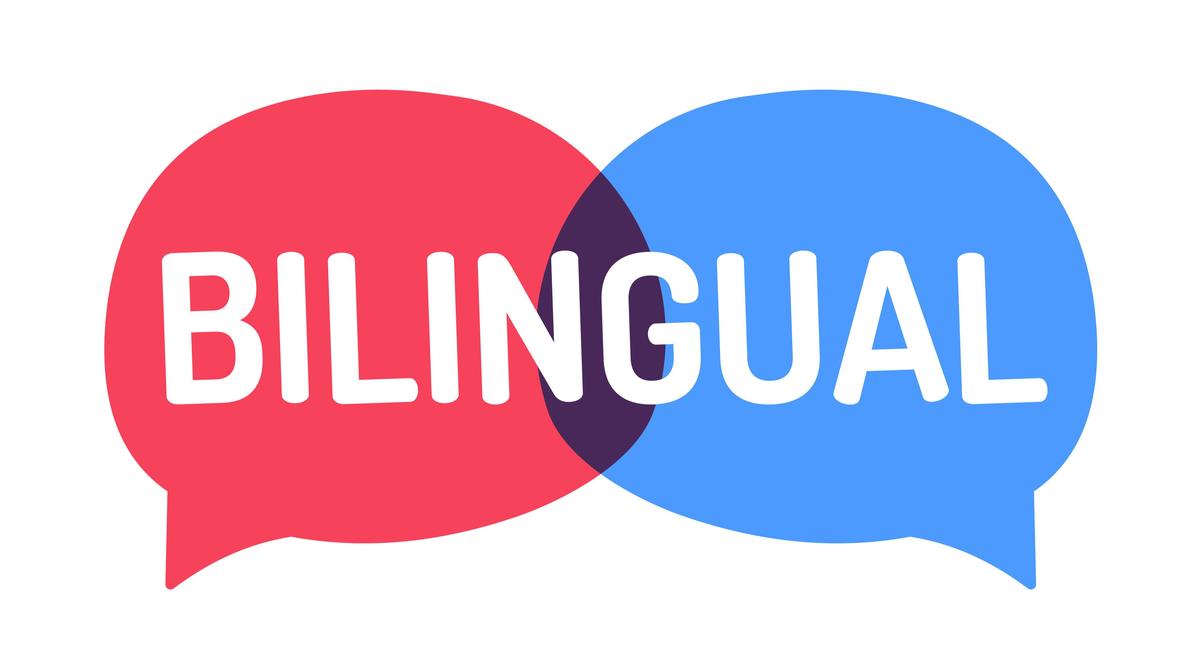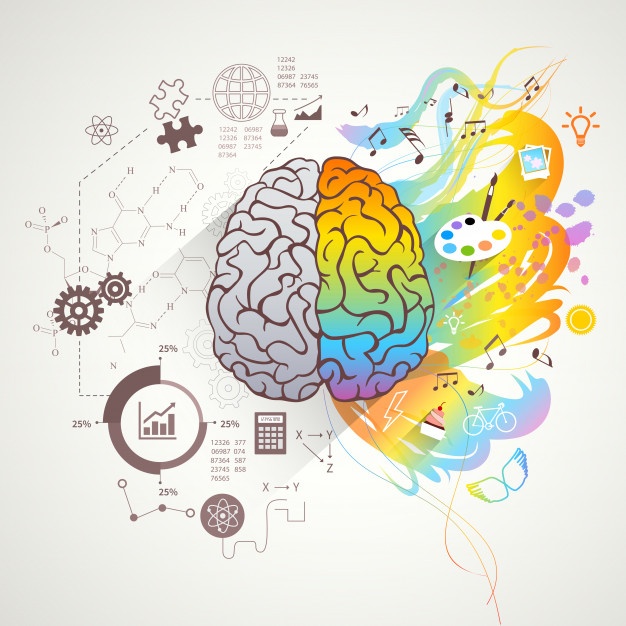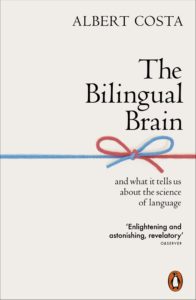The Bilingual Brain

And What It Tells Us about the Science of Language by Albert Costa– Book Review

Does speaking more than one language alter your brain? Is it the equivalent of having one body with two souls?
Over the past century, perceptions of bilingualism have swayed from one extreme to the other. Would the brain struggle to cope with two languages? Or will it double up the benefits on our brains?
A fascinating book: The Bilingual Brain by Albert Costa (Catalan-Spanish bilingual) a Barcelona-based expert on the neural basis of language processing. The findings in his book are pretty astonishing and are a result of a lifetime of research. This book is a great testimony to his lifetime of research into the subject.
“He doesn’t deride monoglots (they have advantages too), but simply invites us to wonder what happens if you double up on what is already an extraordinary human ability – language.”
Costa’s book starts in the womb. The human ear is already fully developed at around 20 weeks, which means the newborn baby has heard the world long before it has seen it. Costa describes how, during the “pre-natal bilingual experience”, the bilingual baby is already able to differentiate between two languages.
The mind of newborn babies
Costa transports us into the mind of the newborn babies to observe at close hand how they single out between languages only hours after their birth. He first introduces the reader to a babbling toddler, who it turns out is, even within the first months of its existence, a sophisticated computational machine, hard at work calculating the transitional probabilities between the sounds that will form the archives and lexical structure of its future mental dictionary.
According to his findings: “newborns only hours old can already detect a change of language. By four to six months, they are able to distinguish between, say, English and French, only by what they see of the speaker’s mouth. By eight months they can differentiate, by observing those articulatory movements of the lips, between two languages to which they haven’t even been exposed. Babies can “extract statistical regularities” to deduct what, among the flow of sound, are the basic units: our words.”
Remarkably, the linguistic programming of an infant’s brain precedes birth. According to his findings, two-day-old babies selectively recognize their mother’s voice and show a preference for the language used by her during pregnancy. Babies exposed to two languages during pregnancy, such as English and Tagalog, show no language preference.

A newborn’s rapid accumulation of sounds also, however, involves perceptual narrowing. As they’re deepening their sound inventory in their own languages, they’re getting less adept at doing it in others. Therefore, according to Costa, bilinguals have a “slower and less reliable access to the lexicon than monolinguals”. There is a “change-cost” in which bilingual speakers are – only milliseconds – slower at naming common objects.
Are Bilinguals Geniuses?
So, it’s clear that this isn’t a manifesto claiming bilinguals are geniuses (“don’t worry about whether your opponent in a chess match is bilingual or not,” he quips). But he lists, in detail, why their brains are different: there’s less “egocentric bias” in bilingual children.
Bilingual children are able to see puzzles more easily from another’s point of view (the difference here is as much as 30%). They have greater attentional control: subconsciously ignoring half their brain’s words all their lives means they are less sidetracked by what are called “flanker” distractions, both in experiments and thus, perhaps, in real life. Because of a greater “cognitive reserve”, bilinguals in many trials have reported the onset of dementia up to four years later than their contemporaries.
His book Summarizes decades of academic research. He hedges a lot of bets, as one must in measuring anything inside the human head. But he leaves you in little doubt that the brain of bilinguals is, in tiny but important ways, provably different. Definitely, a must-read!

The Bilingual Brain: And What it Tells Us About the Science of Language by Albert Costa

